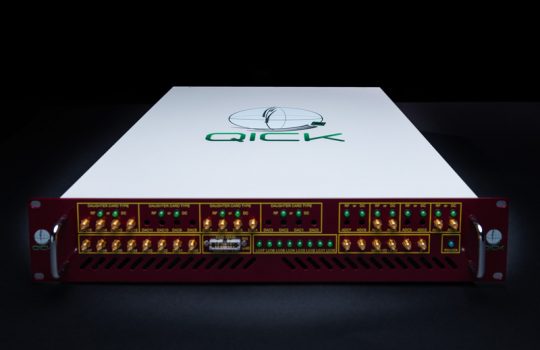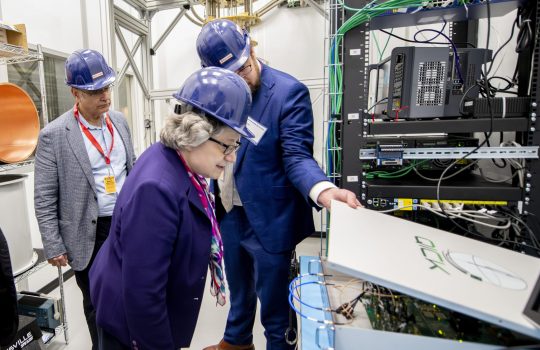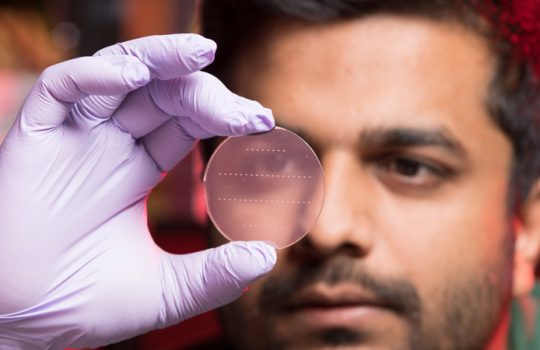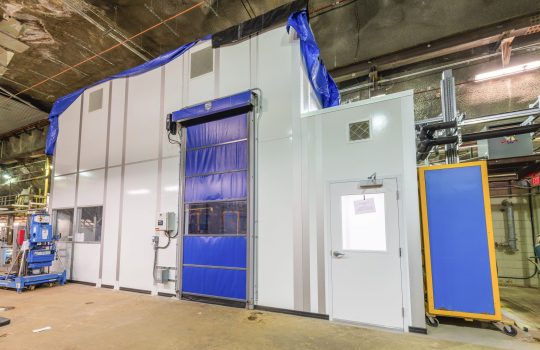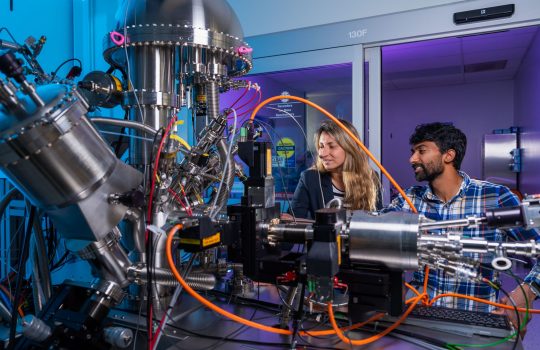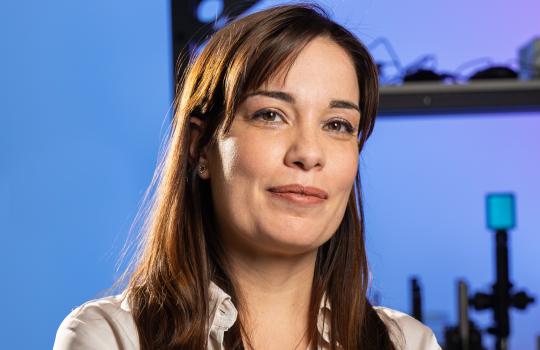Customizable quantum control toolkit developed at Fermilab ready for commercial production
The Quantum Instrumentation Control Kit now features updated software and firmware and new companion hardware called QICK box. This Fermilab-developed system combines everything a scientist might need to conduct mind-bending research in a pizza-box-sized case.

